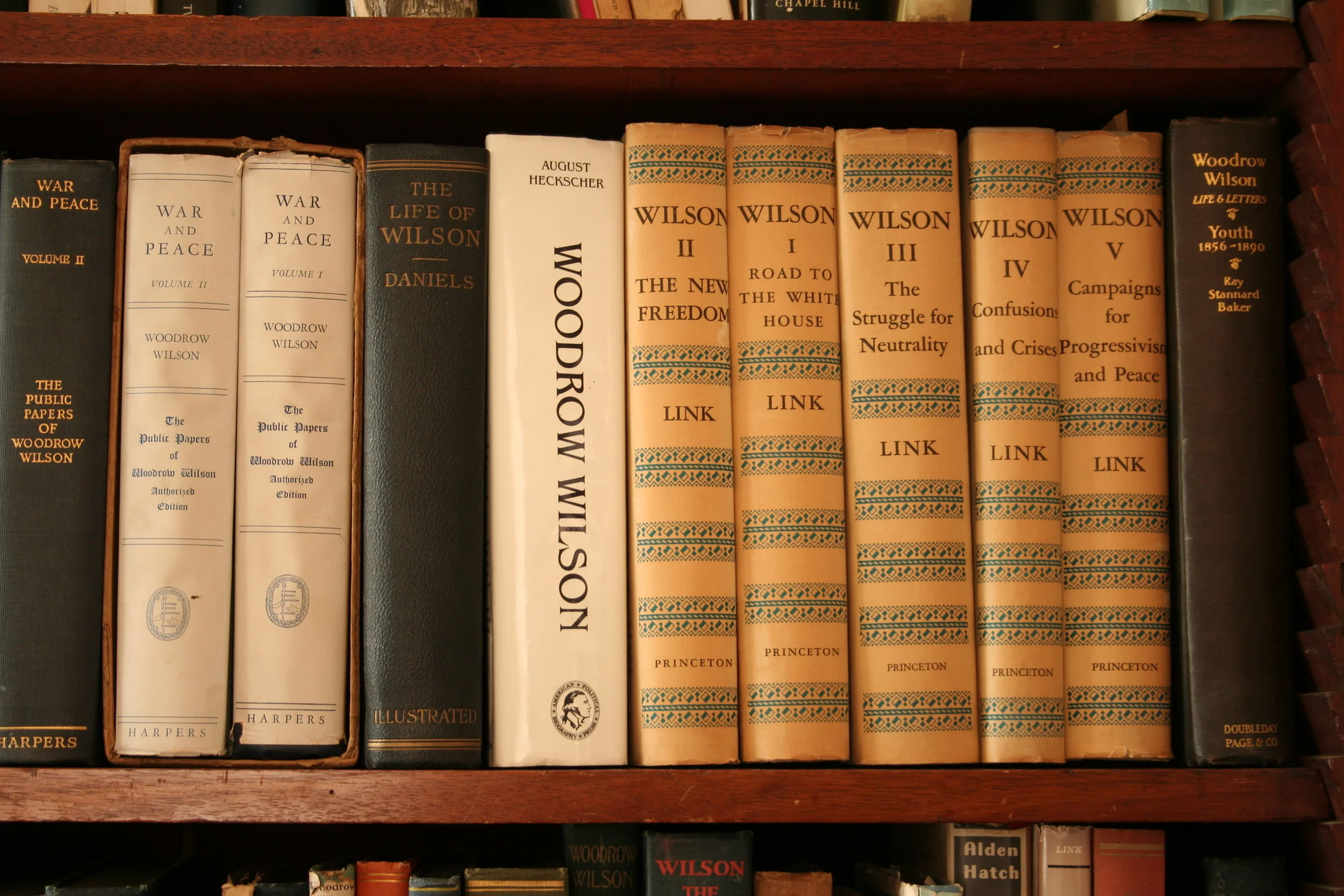The Bruising Battle
/President Wilson Speaking at the Greek Theater
After returning from the Paris Peace Conference, Woodrow Wilson was determined to see the United States join the League of Nations, as he told the members of Congress. Still, many American politicians were unsure of whether entry into the League would be good for the United States. In order to fight for ratification, Wilson began a public speaking tour of the country in order to convince the American people to sway their senators in support of his plan.
President and Mrs. Wilson Holding Roses
Traveling by train, Wilson focused on states in the West, giving numerous speeches each day and meeting with people prominent in the local communities.
Unfortunately, he suffered a collapse in Pueblo, Colorado and was forced to return to Washington DC after only completing part of his speaking tour.
His condition was such that I did not feel that he ought to continue the trip. Although I was reluctant to do so, I felt that it was my duty to suggest to him that he call the trip off and that we return to Washington. He begged me not to make any such suggestion. He said that he realized fully that his enemies would take advantage of any abandonment of the trip at present to call him a quitter, and he declared that he wanted to finish out the work that he had started, no matter what it might cost him.
Shortly after returning to the White House, he had a stroke that debilitated him for the remainder of his life.
Born out of concern for Wilson’s recovery and the morale of the country, a decision was made to hide the severity of the president’s condition. Both Dr. Cary T. Grayson and Edith Bolling Wilson thought that it would be best for the government and for the people to be kept in the dark. In keeping with normal treatment at the time, they insisted on rest and isolation, thinking it would help the president recover more quickly.
On February 24, 1920, Ambassador Henry Morgenthau sent a telegram to the ailing president asking if he would attend and speak at a citizens’ meeting to protest against the Turks being left in control of Constantinople. While the telegram seems like a simple request, there is something unusual about it. Underneath the telegram is the handwriting of Mrs. Wilson with the sentence “Thinks it well to postpone speaking on such subjects.”
Dr. Grayson personally replied to Morgenthau’s telegram on February 27, 1920. Grayson explained simply that he had “taken up matter referred to in your message. [He] believes it would be well to postpone speaking on subjects of this kind for the present.” His second and final sentence was eerily similar to what Mrs. Wilson wrote on the original message from Morgenthau, suggesting that the two of them were consulting on what activities President Wilson was fit to take on. It is not quite clear how much the president was able to say about the matter.







